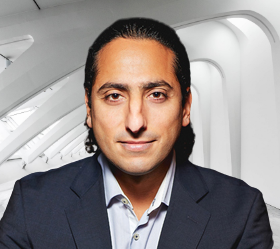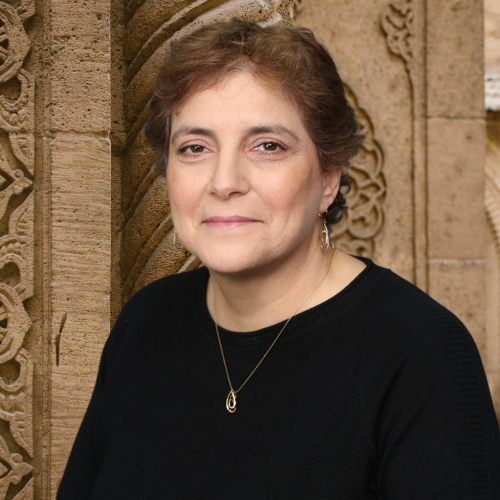Angel investing isn’t for the faint of heart, especially when valuations are at nosebleed levels. Before you delve into any specific opportunity, you may wish to take the pulse of the market into account. You may also want to consider issues such as:
- What is different about Generation Z angel investors?
- What is the impact on angel investors of venture capitalists becoming increasingly involved in seed round investing?
- How can early-stage companies take defensive postures by being receptive to extension rounds, venture debt and warrants?
- What are the risks associated with Simple Agreements for Future Equity (SAFEs)?
- Why should investors be concerned about possible cramdowns and carve-outs?
- What can early-stage companies offer angel investors/groups to accelerate their decision making?
- What is the likelihood of Americans being allowed to fund their angel investments from their retirement accounts?
 Solution Nation
Solution Nation 








